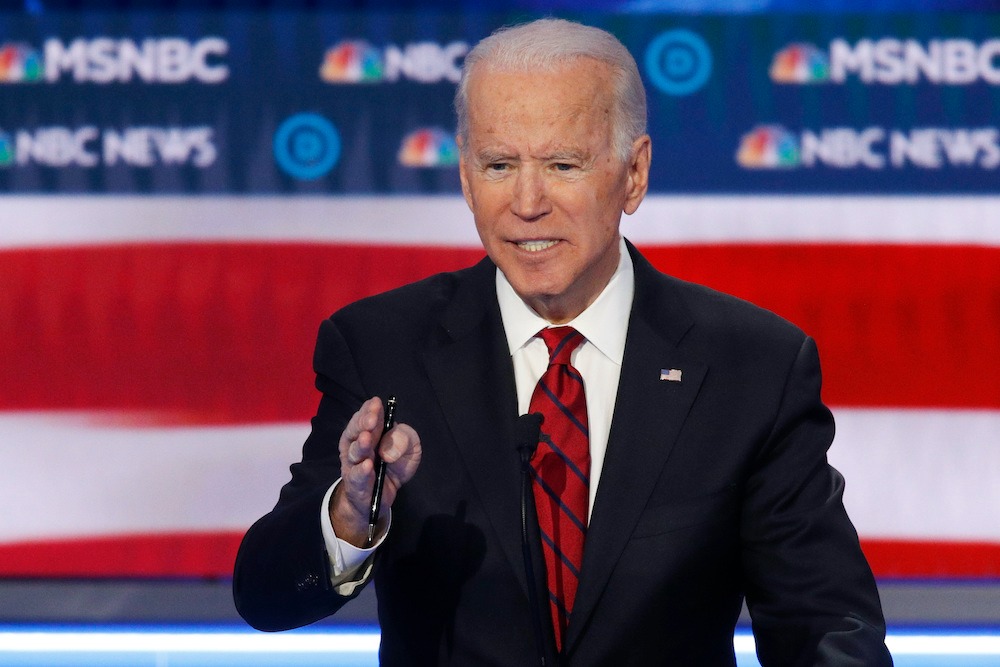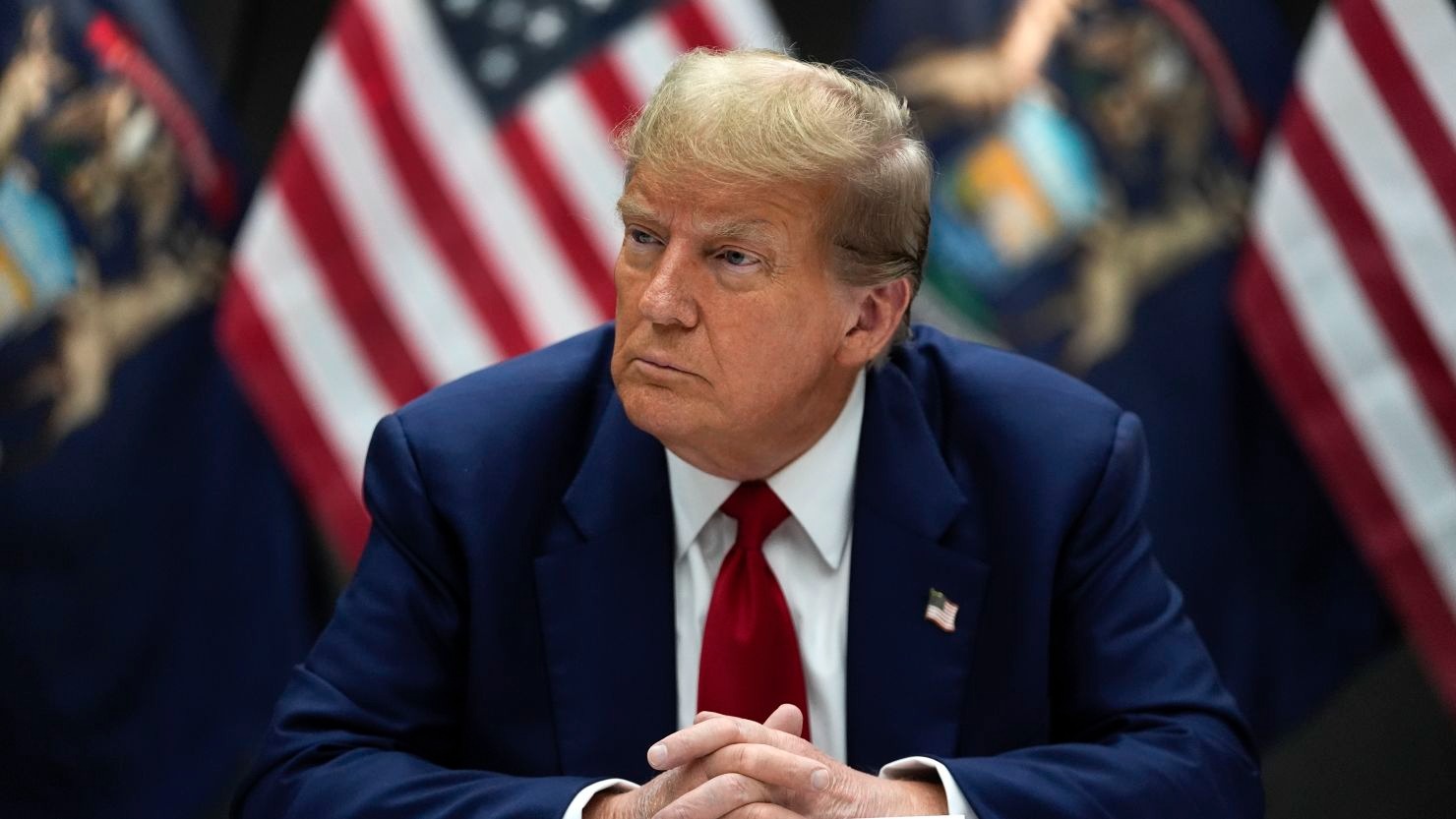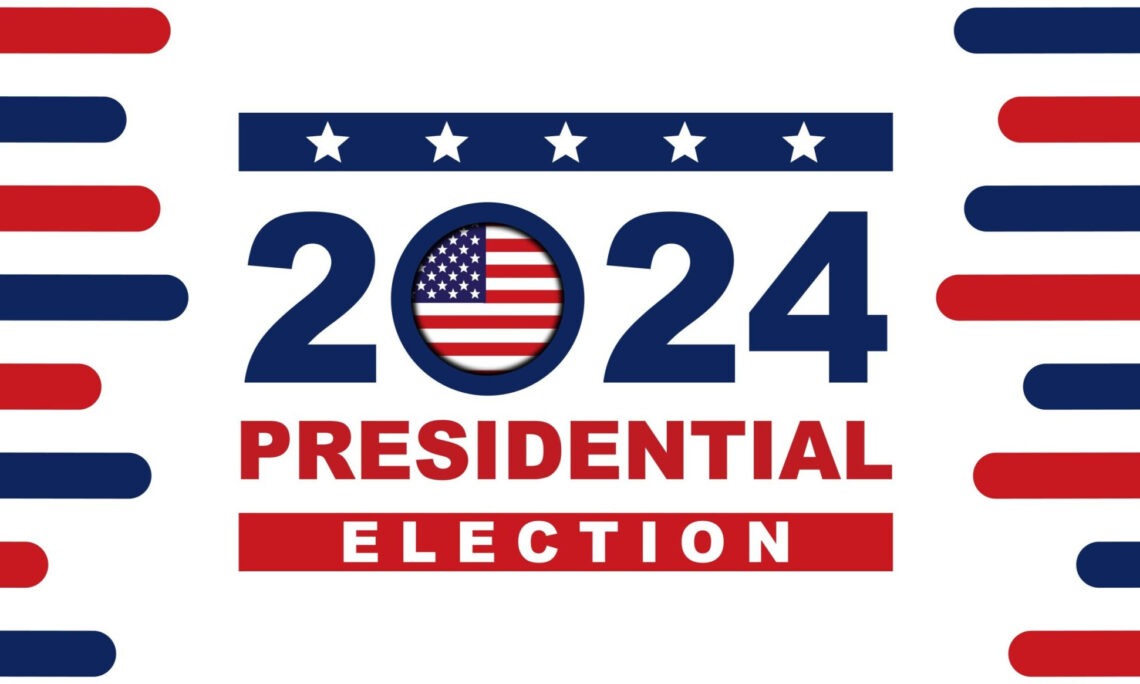The upcoming presidential election carries serious implications for economic policy, encompassing areas such as immigration, climate change, and trade. However, one crucial aspect often overlooked is the election’s impact on the national debt.
Americans should pay attention because mounting government debt leads to higher interest rates on various financial products like car loans, credit cards, and mortgages.
It also reduces available investment for businesses and entrepreneurs, increasing the risk of financial crises. Fewer funds could be available to address shortfalls in Social Security and Medicare.

Joe Biden (Credits: Nieman Reports)
Regrettably, the outlook for our debt is deteriorating. Debt relative to the economy has been climbing for years, but it has surged since the early 2000s. Tax cuts on corporate profits and investment income, along with rising entitlement spending and periodic stimulus packages, have propelled federal debt to nearly the same size as our economy.
Trump’s Tax Reductions Substantially Increased the National Debt
Without corrective measures, the Congressional Budget Office (CBO) projects debt to exceed 150 percent of GDP in the coming decades. Therefore, it’s essential to examine each candidate’s debt track record.
Under President Trump, public debt as a percentage of GDP steadily increased for three years, spiking further during the pandemic, reaching around 98 percent by the end of his term. President Biden’s tenure has seen debt remain relatively stable at about 96 percent of GDP.
However, attributing the entire difference in debt solely to each president’s policy agenda would be unfair. Much of the debt rise under Trump stemmed from pandemic-related stimulus and tax cuts during the 2020 recession. Conversely, Biden’s debt record has been somewhat aided by elevated inflation, which temporarily reduces debt as a share of GDP.
Nevertheless, administration policies cannot be entirely absolved. Trump’s major tax cut added seriously to the debt, whereas Biden’s Inflation Reduction Act is projected to reduce it by billions over a decade.

Donald J. Trump (Credits: CNN)
Looking ahead, there is reason for optimism among debt hawks. The CBO scored both presidents’ latest budgets as reducing debt, with Biden’s budget projected to have a slightly greater impact.
The candidates differ markedly in their approaches to debt reduction. Trump proposed serious cuts to health spending, while signaling intent to extend tax cuts, which would negate any potential debt reduction.
Biden, on the other hand, plans to increase spending on health and education while raising taxes on corporations and high-income households to offset the costs.
These differences have profound implications for households, particularly those reliant on Social Security and Medicare. Trump prioritizes lower taxes and reduced health spending, while Biden advocates for higher taxes to fund increased investments and debt reduction. It’s up to voters to decide which approach they believe is preferable.























